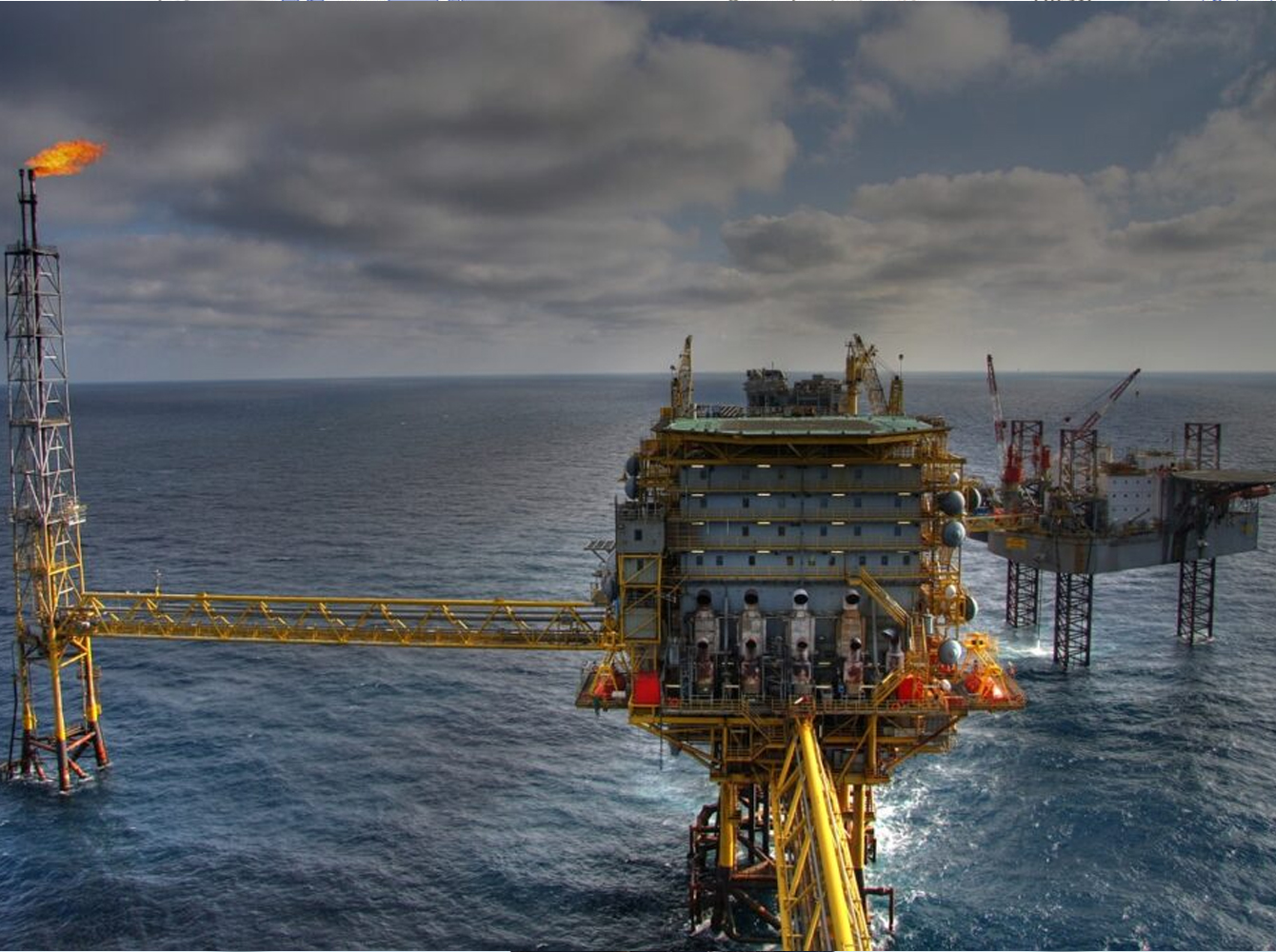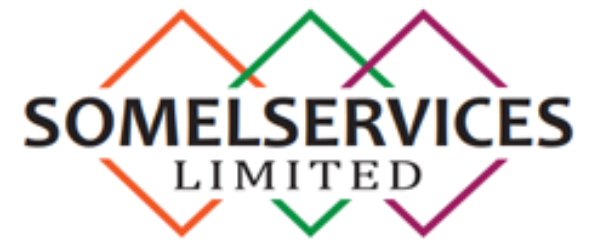
Are you ready to delve into the intricate world of materials and their battle against corrosion in harsh environments? This **intensive course on Materials and Corrosion Engineering – Management for Onshore, Offshore, and Subsea Environments** equips you with the knowledge and skills to **become a champion of material selection, protection, and mitigation strategies.** Whether you’re navigating the rugged terrain of onshore pipelines or the watery depths of subsea structures, this program will empower you to **ensure the integrity and longevity of critical assets.**
Target Audience:
* **Engineers:**
- Materials engineers seeking to specialize in corrosion protection and management.
- Pipeline, process, and integrity engineers responsible for asset reliability in demanding environments.
- Offshore and subsea engineers designing and maintaining structures for long-term performance.
* **Corrosion professionals:**
- Corrosion scientists and engineers seeking to deepen their understanding of corrosion mechanisms and mitigation strategies.
- Inspection and maintenance personnel tasked with identifying and addressing corrosion issues.
- Cathodic protection specialists applying advanced techniques for corrosion control.
* **Other professionals involved in asset management:**
- Project managers, design consultants, and asset owners seeking a comprehensive understanding of materials and corrosion challenges.
- Regulatory and safety personnel ensuring compliance with industry standards and best practices.
- Environmental specialists concerned with the impact of corrosion on infrastructure and ecosystems.
Course Objectives:
**Module 1: Fundamentals of Materials and Corrosion**
- Understanding the different types of materials and their inherent properties.
- Exploring the various corrosion mechanisms and their impact on different materials.
- Analyzing factors influencing corrosion rates and material degradation in onshore, offshore, and subsea environments.
- Introducing key concepts of corrosion control and mitigation strategies.
**Module 2: Material Selection for Specific Environments**
- Matching material properties to the demands of onshore, offshore, and subsea applications.
- Considering factors like mechanical strength, corrosion resistance, fabricability, and cost.
- Evaluating different material options for pipelines, structures, equipment, and components.
- Navigating relevant industry standards and specifications for material selection.
**Module 3: Corrosion Monitoring and Inspection Techniques**
- Implementing various methods for detecting and assessing corrosion damage.
- Understanding the strengths and limitations of different inspection techniques – NDT, visual, and advanced methods.
- Interpreting inspection data and assessing the risk of asset failure.
- Developing effective inspection and monitoring plans for different assets and environments.
**Module 4: Corrosion Control and Mitigation Strategies**
- Exploring various methods for preventing and mitigating corrosion – coatings, cathodic protection, inhibitors, and design modifications.
- Understanding the principles and applications of different types of coatings – organic, metallic, and inorganic.
- Designing and implementing effective cathodic protection systems for various structures.
- Selecting and applying appropriate corrosion inhibitors for specific situations.
**Module 5: Asset Integrity Management and Risk Assessment**
- Integrating materials and corrosion considerations into asset integrity management (AIM) plans.
- Conducting risk assessments to identify and prioritize potential corrosion threats.
- Developing and implementing preventative maintenance strategies to extend asset life.
- Maintaining compliance with relevant regulations and best practices for corrosion management.
Course Methodology:
- **Engaging lectures:** Interactive presentations with captivating visuals, industry expert insights, and real-world case studies.
- **Interactive workshops and exercises:** Analyze case studies, design corrosion control strategies, and calculate corrosion rates.
- **Group discussions and brainstorming sessions:** Share best practices, learn from diverse perspectives, and collaborate on solutions.
- **Optional laboratory sessions:** (Availability may vary) Get hands-on experience with corrosion testing equipment and material analysis techniques.
- **Virtual tours or field visits:** (Availability may vary) Gain firsthand exposure to onshore, offshore, and subsea infrastructure and corrosion mitigation measures.
- **Optional online community platform:** Access additional resources, connect with peers, and continue learning beyond the course.
Course Benefits:
- **Become a skilled and knowledgeable materials and corrosion engineer.**
- **Unlock the secrets of material selection and protection for diverse environments.**
- **Develop effective corrosion mitigation strategies to ensure asset integrity and extend lifespan.**
- **Improve communication and collaboration across different disciplines involved in asset management.**
- **Boost your career prospects in a high-demand field with significant growth potential.**
- **Contribute to the safe, reliable, and sustainable operation of critical infrastructure.**
**Ready to master the science of materials and corrosion in challenging environments?** Enroll in this comprehensive course and equip yourself to become a champion of asset integrity and longevity!


